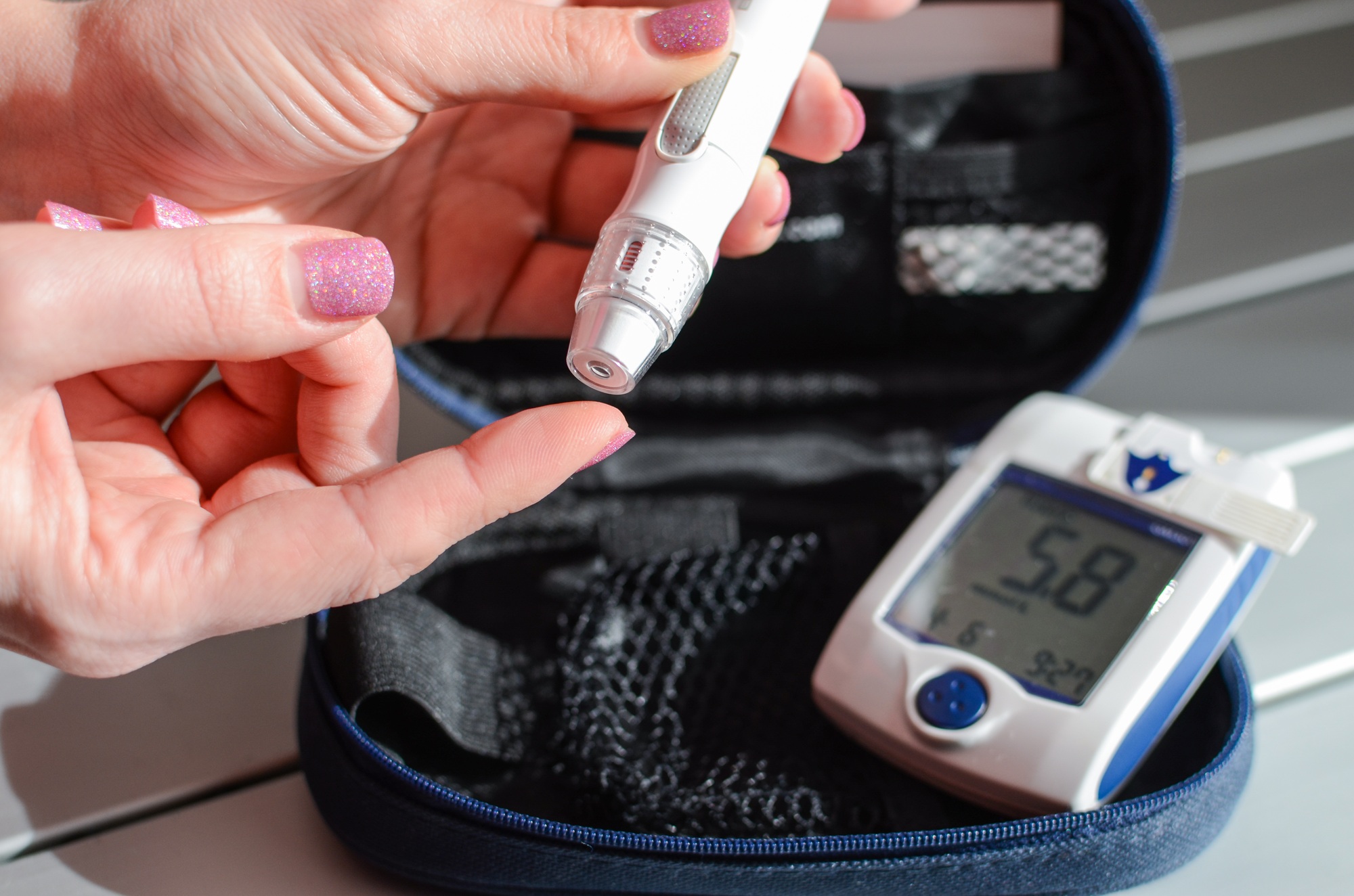Understanding Diabetes Risk Factors for Expecting Mothers
The prevalence of gestational diabetes in the UK highlights the need for expecting mothers to be vigilant about diabetes risk factors during their pregnancy. Gestational diabetes occurs when blood sugar levels become elevated during pregnancy due to hormonal changes and insulin resistance. It is estimated that approximately 2-5% of pregnancies in the UK are affected by this condition, showing how common it is among expecting mothers.
Various factors can increase the diabetes risk among expecting mothers, including a family history of diabetes, obesity, advanced maternal age, and previous occurrences of gestational diabetes. These elements contribute significantly to the probability of pregnancy complications, making it essential to address and manage them promptly.
In parallel : Essential Yoga Adjustments for Expecting Mothers in the UK: Embracing Late-Stage Pregnancy with Comfort and Safety
Early screening and close monitoring stand as pivotal steps in identifying and controlling gestational diabetes. Screening usually takes place during the second trimester, but women with high diabetes risk factors may undergo testing earlier. Consistent monitoring allows healthcare providers to manage blood sugar levels effectively, ultimately minimising the risk of pregnancy complications such as high birth weight, preterm birth, and the need for a cesarean section.
Understanding and managing these risk factors empowers expecting mothers to take proactive measures, ensuring both their own health and that of their baby.
Also to discover : Essential Guidelines for Pregnant Women in the UK on Safely Managing Exposure to Household Cleaning Products
Methods for Tracking Blood Sugar Levels
Monitoring blood sugar is crucial for managing diabetes effectively. Several techniques exist for tracking glucose levels, each with unique features and benefits.
Traditional finger-prick testing remains a common approach. This method involves using a lancet to obtain a blood sample, which is then analysed with a glucose meter. It’s generally recommended to check glucose levels multiple times daily, especially before meals, after meals, and at bedtime, to maintain optimal control.
Meanwhile, continuous glucose monitors (CGMs) are revolutionising blood sugar management. These devices provide real-time data by measuring glucose levels in the interstitial fluid just beneath the skin, offering a more comprehensive understanding of fluctuations throughout the day. Their ability to alert users of rapid changes is particularly beneficial for those with Type 1 diabetes or expectant mothers, ensuring timely adjustments can be made to diet or medication.
Incorporating CGMs into your monitoring routine can enhance your ability to manage diabetes. They help you track trends and patterns, offering a proactive approach to blood sugar management. With the varied options available, it’s essential to choose a method that aligns with your lifestyle and medical needs, helping you stay on top of your blood sugar management effectively.
Dietary Recommendations for Maintained Blood Sugar Levels
Balancing blood sugar is crucial during pregnancy. Understanding dietary guidelines can help ensure both maternal and fetal health.
Essential Nutrients for Expecting Mothers
Expecting mothers require a unique balance of nutrients. Essential nutrients aid in supporting both pregnancy and blood sugar control. Consuming a balanced intake of macronutrients such as proteins, healthy fats, and especially complex carbohydrates is key. These components help in stabilising blood sugar levels, reducing the risk associated with gestational diabetes.
Foods to Include for Healthy Blood Sugar Levels
Integrating specific foods into your diet is beneficial. Emphasize foods rich in fiber, such as whole grains, legumes, fruits, and vegetables. These are instrumental in slowing glucose absorption, maintaining stable sugar levels. Incorporating lean proteins and healthy fats ensures a holistic nutrition for pregnancy.
Foods to Avoid to Reduce Diabetes Risk
Certain foods can negatively impact blood sugar regulation. Highly processed items, often laden with sugary additives, can lead to sudden spikes in glucose levels. It’s advisable to limit beverages like soft drinks and sweets. Consider portion control strategies, avoiding large meals that can disturb sugar balance. Instead, opt for smaller, more frequent servings. Simple changes such as swapping refined grains for whole grains can significantly minimise the risk of diabetes.
Exercise Tips for Pregnant Women
Engaging in prenatal exercise offers a multitude of benefits, enhancing overall health for both the mother and the baby. Regular physical activity during pregnancy aids in diabetes prevention, improves mood, and promotes better sleep. It also prepares the body for childbirth by increasing stamina and strength.
Benefits of Regular Physical Activity
Prenatal exercise is known to reduce the risk of gestational diabetes, a concern for many expecting mothers. It supports maintaining a healthy weight and reduces back pain, constipation, and bloating.
Safe Exercise Routines
For safety, it is essential that exercise routines are tailored to suit the needs of pregnant women. Activities such as walking, swimming, and prenatal yoga are particularly beneficial as they are low-impact yet effective. It’s crucial to listen to your body and avoid any exercises that may cause strain or discomfort. Consultation with a healthcare provider to tailor an exercise plan is advisable.
Integrating Movement into Daily Life
Incorporating physical activity into day-to-day life doesn’t have to be complicated. Simple efforts such as taking stairs, or engaging in brief, regular walks, can make a significant impact. These subtle changes help maintain a routine of movement throughout pregnancy, promoting overall well-being.
Localized Resources and Support for Expecting Mothers
In the UK, healthcare resources for expecting mothers are both comprehensive and accessible, offering an array of services that cater to varying needs. Among these, the National Health Service (NHS) provides essential prenatal care including routine check-ups and specialised advice, especially for women managing conditions like diabetes.
Midwives and obstetricians serve crucial roles, particularly in diabetes management during pregnancy. Midwives often act as the primary point of contact and help in crafting tailored plans to manage blood sugar levels effectively. Obstetricians add a layer of medical expertise, ensuring that both mother and baby remain healthy throughout the pregnancy.
Support groups and community organisations also play a fundamental role, offering emotional and educational aid. These groups create a platform for women to share experiences, seek guidance, and feel connected with others facing similar circumstances. They often provide workshops on nutrition and wellness, which are essential components in diabetes management.
For mothers at risk, these community resources can be a significant source of comfort and practical advice, promoting a sense of empowerment. Engaging with these support groups can lead to improved health outcomes and foster a better understanding of how to navigate the challenges of pregnancy with diabetes.











